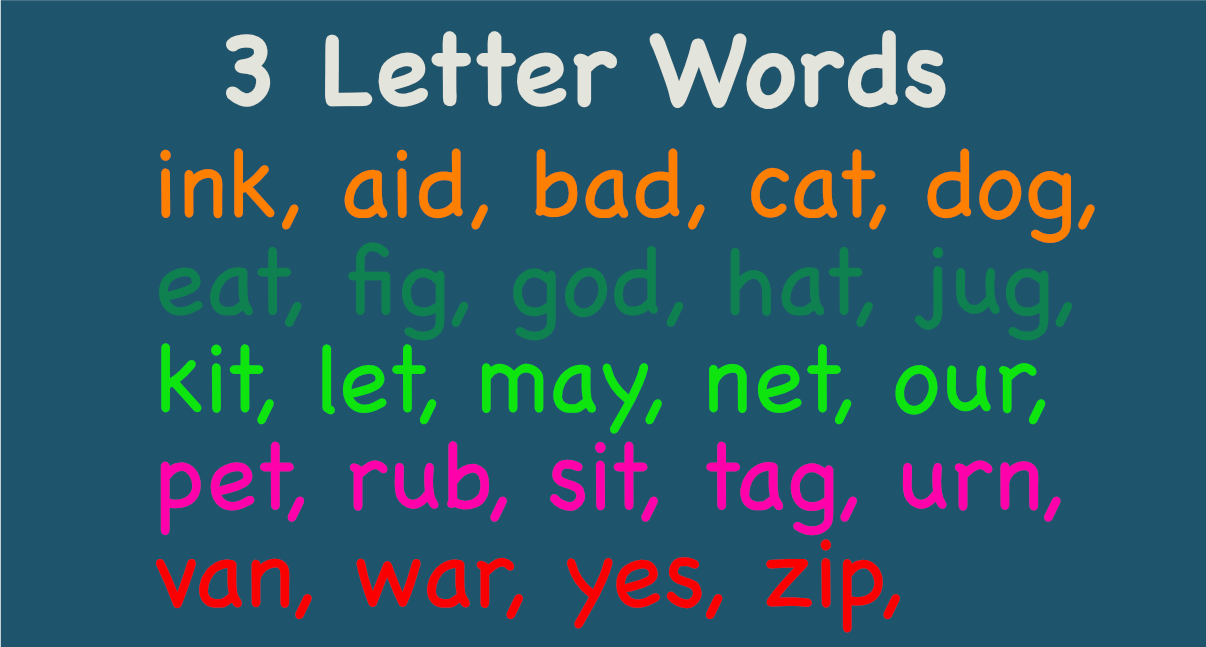
Child development websites provide information about child development from birth through adulthood.
A child development website can be a valuable resource for a parent seeking information on topics related to child development.
Contents
Child Development Websites for Parents
The best way for parents to understand how children develop is to read books on the subject, watch videos, talk to other parents and visit good child development websites for parents.
These sites will give you all the information you need to raise happy, well-adjusted kids.
Baby Care Basics
Babies come into the world with very little knowledge about the world around them.
They learn by watching and listening to others. This means that when babies are born, they are not able to speak yet. Instead, they use sounds to communicate with others.
As they grow older, they begin to learn more words and eventually start speaking.
Toddler Activities
Toddlers are curious and active. They love learning new things and exploring the world around them.
To help toddlers develop skills, parents should encourage them to play with toys and other objects.
Toys that stimulate imagination and creativity will also help children develop these skills.
Preschool Activities
There are lots of activities available for preschoolers.
You can find ideas for games, crafts, and more at sites such as BabyCenter.com.
These sites also contain information about how to care for young children.
School Age Activities
As kids enter school, they begin to learn new skills and develop into independent learners.
They need opportunities to practice these skills and explore their interests.
Sites like KidzWorld.com and KidsHealth.org provide information about learning and education.
Teenage Activities
Teens are busy with homework, sports, music lessons, and other activities. It’s hard to find time to do everything they need to do.
That’s why sites like TeenVogue.com and TeenReads.com help teens stay organized and keep track of their schedules.
Child Development Institute Website
The Child Development Institute website, which was created in 1999, has more than 2 million visitors a year and was recommended by the American Psychological Association and Psychology Today among other organizations.
Thousands of other websites link to this site. Parents can find helpful information in a variety of topics, from what to feed the baby to what to read to their child’s first books.
Apps and Resources
CDC’s Milestone Tracker App
CDC’s Milestone Tracker app is free and available on iOS and Android devices.
The app provides easy-to-read milestones for children as they progress from infancy to school age.
Milestones include first steps, smiling and reaching for a toy.
They also include Personal Skills such as feeding and dressing, and Social and Emotional Development which includes expressing emotions.
Parents can record their child’s progress on their phone and share it with their doctor.
The CDC’s Milestone Tracker app helps parents keep track of their child’s development by providing helpful tips and videos.
The app helps parents plan activities and appointments based on their child’s developmental milestones.
Moreover, the app lets parents record appointments for developmental screenings and checkups.
Milestone Tracker helps parents prevent developmental delays and promote good health. It has been designed for iOS and Android devices and is free to use.
Parents can also download the Milestone Tracker app to monitor their child’s progress.
Milestones tracker is an app that can be downloaded free of charge from the App Store or Google Play.
It is a useful tool to keep track of your child’s developmental progress and share it with friends and family.
The app also includes tips on how to promote healthy development and prevent disease. It also allows parents to get appointment reminders.
The CDC’s Milestone Tracker app is now available in Spanish. It features a list of milestones as well as photographs or videos.
In addition to milestone checklists, it also includes tips for healthy growth and learning.
It also keeps track of missed milestones and reminds families of developmental screenings.
Parents can also view a personalized summary of their child’s development and share it with their health care providers.
CDC’s Parent Portal
If you’re looking for information on child care, CDC’s Parent Portal can help you out. Parents and teachers can collaborate to provide a better education for children, while using the portal to communicate with each other.
The CDC’s parent portal is available on Eleyo. Listed below are a few tips for parents to use when using the portal. This information is updated regularly.
Parents should check out the CDC’s Parent Portal regularly to stay up-to-date with the latest guidelines.
The CDC’s Parent Portal is an excellent resource for parents who want to monitor their child’s development.
Parents are often the front line public health workers.
They supervise healthy practices and keep their child safe.
In addition to information on immunization schedules, the site also provides a Frequently Asked Questions (FAQs) section with answers to common questions. Parents can find helpful videos and A-Z indexes for various topics.
Detailed information on physical activity, diet, and risk behaviors is also provided.
For example, a parent might be interested in learning about Physical Developmental Delays (PDDs) or how to spot signs of a child’s development.
Fortunately, many child development websites for parents offer tools to support parents’ knowledge and help their children develop at an early age.
Talking is Teaching
Parents may also want to check out Talking is Teaching, a public awareness campaign that promotes simple everyday actions to boost young children’s language and brain development.
Infants learn about their environment through their listening and looking, and are naturally drawn to sound.
In addition to listening, babies tune in to child-directed talk when adults speak slowly and use simple phrases.
They often respond with coos and babbling. Children often imitate the movements of adults’ lips when they hear adults talk and watch them read books.
Even more advanced children mimic facial expressions and use body language as a way to communicate.
Parents should talk to their children as much as possible.
This will strengthen the relationship between them and the environment.
While you may feel silly talking to a child who does not talk, remember that it is important for them to learn how to speak and understand language.
When talking to your child, make sure that you remove distractions and limit the number of noises around them.
Talking to them is important for developing their language skills and learning to interact with other people.
Another important aspect of Talking is Teaching for early childhood development is the fact that it provides concrete support for families, such as a Bathtime/Bedtime Literacy Tote, and it has partnered with laundromats in Charlevoix, Emmet, and northern Antrim counties.
In addition, parents can sign up for the free laundromat program to provide assistance for parents with their children.
CSEFEL
The CSEFEL child development website for parents is a comprehensive website that provides parenting advice and games.
Its content focuses on promoting the social, emotional, and academic development of young children. Topics covered include challenging behaviors and brain development.
The organization also offers resources for teachers and parents. This website is available in English, Spanish, and Chinese. Its Spanish version includes the CA CSEFEL Overview.
The CSEFEL pyramid model is a conceptual framework of evidence-based practices for promoting social and emotional competence in young children. It addresses challenging behavior and prevents future problems.
The Pyramid model is available in print and video formats. Several training modules have been developed to help parents and professionals implement these practices.
In addition to training programs, CSEFEL also offers parenting resources and tools. The website has information on social and emotional development, parenting, and social and emotional skills.
NAEYC
Whether you are a new parent or a veteran educator, you can learn from the resources offered by the NAEYC.
They publish an award-winning journal, a library of bestselling books, and digital media.
Their publications focus on developmentally appropriate practices, providing parents with the latest information.
They also keep members up to date on emerging trends and research.
And, because they are devoted to the advancement of the field of early childhood education, you can be assured that the resources offered by the NAEYC will be valuable and informative.
To get a better understanding of the resources offered by the NAEYC, we consulted 15 programs in the United States and the District of Columbia.
These programs represent a wide range of funding sources, including Head Start programs, public, faith-based, and private pay programs.
They serve diverse races and constellations of families, and many have been accredited by the NAEYC.
Several also participate in state-wide quality improvement initiatives, which accredit many programs.
The NAEYC provides resources and support services for educators in the field of early childhood education.
These resources help educators prepare for accreditation by presenting the latest research and best practices.
The organization hosts conferences to share best practices and share knowledge with other early childhood educators.
Additionally, NAEYC provides services that are customized to international audiences and cultures.
For those who work in a different country, the organization can help you choose a child care program in your area.
Final Thoughts
As a parent or a teacher for a child you must know that you are not alone. Although your journey is unique, take heart in knowing that millions, in fact billions have walked the same road.
There are so many websites, apps and information resources out there for child development.
The key is to search for specific resources related to what is appropriate and necessary for the age of your child.
All the best in your journey. -:)



